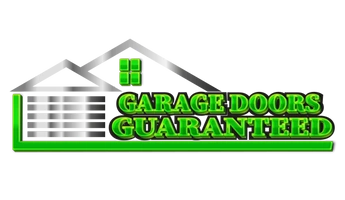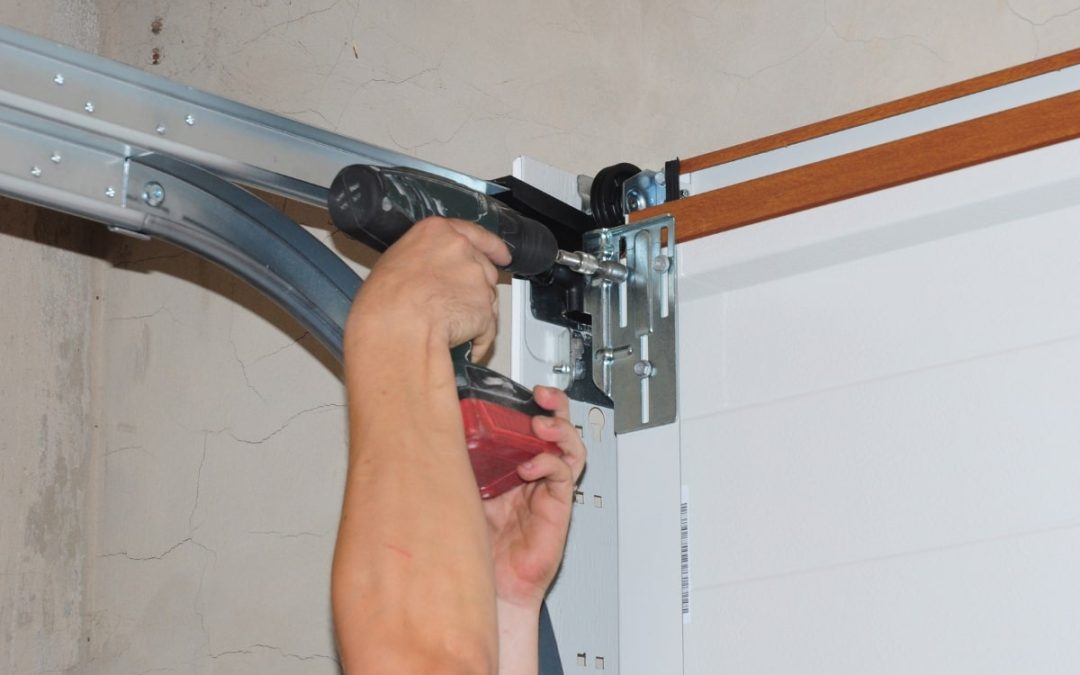Your garage door springs are one of the most important components in your garage door system. If they break or begin to malfunction, do not attempt to fix them on your own. This can be a dangerous task and it’s best to leave it to a professional. Unlike a lot of other components, if they break it is necessary to fix them. In this guide, we’ll go over everything you need to know about garage door springs. Including what they are, the different kinds of springs, and why they break.
What Are Garage Door Springs?
Garage door springs are a big component in your garage door’s ability to open and close. They are just metal coils that are either extended or tightly wound up to counteract the weight of the door. Without these springs, you would not be able to open and close your garage door. Even if you don’t have a garage door opener, the springs will allow you to open and close your garage door with minimal effort. Their are two different types of garage door springs, torsion springs and extension springs. Each type of spring is used in different scenarios.
Torsion Springs
Torsion springs are the most common type of spring now-a-days. Instead of connecting to a system of pulleys, they connect to metal tubes. The torsion springs always run right above the garage door and end in metal fixtures called cones. While heavier duty or double garage doors will have multiple torsion springs, most normal sectional garage doors will only require one torsion spring. These torsion springs typically last about 20,000 turns, which equates to about seven years. This is double the lifespan of extension springs, and they offer more motion control than extension springs as well.
Extension Springs
Extension springs are commonly found in older homes. Instead of running above the garage door, extension springs run along the sides of the door. They are connected to pulleys on the side of the wall and those pulleys are connected to cables. Extension springs are more vulnerable to damage and only last about half the lifespan of torsion springs. The installation process for these springs can also be more difficult than torsion springs. Extension springs require more components to work and need to be connected to more parts of the system. With all of these factors to consider, so many things can go wrong in the installation process. For your safety, leave all garage door springs maintenance to a trusted garage door professional.
Why Do Garage Door Springs Break?
Garage door springs can break for a number of reasons, the two biggest reasons being time and weather. Depending on what type of springs you have, they could last anywhere between seven and twelve years. Overtime the springs will start to develop micro-fractures, which causes the spring to eventually break. The climate of where you live can also affect the lifespan of your garage door springs. In colder clients springs tend to not last as long as warmer places. In some cases, springs might not be fully broken but might just need some maintenance. If your springs break, their will be a loud noise and your garage door won’t be able to move anymore. Maintenance is determined on the type of spring.
If you’re experiencing issues with your garage door, the springs are likely to be the cause. Garage Doors Guaranteed specializes in all types of garage door maintenance. Contact us today to learn about all of the services we offer, and how we can help you!.

